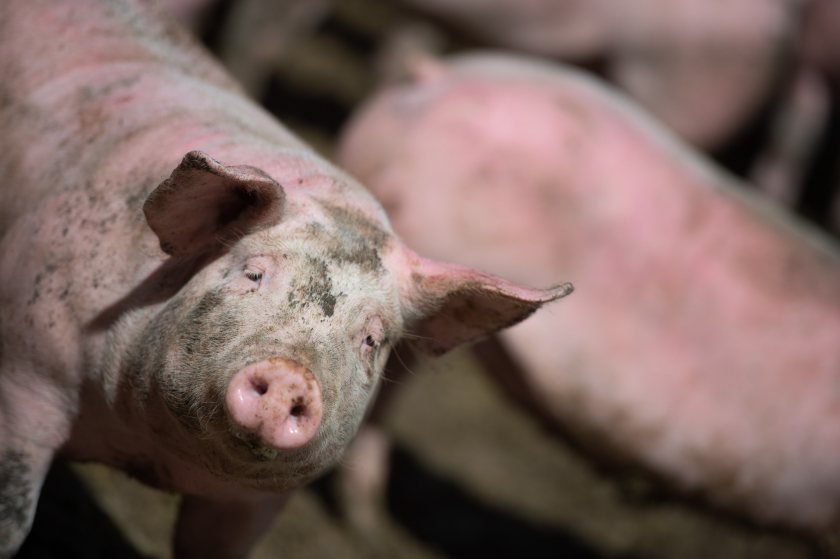Defra mulls reintroducing processed animal protein into livestock feed

Defra is looking to reintroduce processed animal protein (PAP) into some livestock feed, which would ensure England and Wales are on the same level playing field as the EU.
The eight-week consultation seeks views on changing livestock feed controls to allow poultry PAP in pig feed and pig PAP in poultry feed.
The government would also reintroduce insect PAP in pig and poultry feed and ruminant collagen and gelatine (C&G) in non-ruminant feed.
The current PAP ban is in place to curb the spread of fatal livestock diseases called TSEs, including BSE, also known as 'mad cow' disease.
However, in 2021, the European Union amended disease legislation to allow the use of a wider range of animal proteins in non-ruminant animal fee.
These amendments are part of the EU TSE roadmap, launched against the backdrop of a reduced incidence of BSE and increased knowledge of the disease.
While Defra says feed control measures first introduced in 1988 have greatly reduced BSE incidence in the UK, they "no longer reflect current scientific knowledge or the level of BSE risk."
"Although these controls are effective, they were made in a precautionary manner, when little was known about BSE," the department says on its consultation page.
"Since then, research has demonstrated that pigs and poultry are not naturally susceptible to TSEs.
"Improvements in feed testing methods allow the differentiation between ruminant and non-ruminant proteins and can detect the presence of porcine or poultry protein."
According to Defra, the changes would enable investment in the insect protein sector, open new markets for renderers and could vary diets for livestock.
It would also maintain a level playing field with the EU, the department explains.
"This consultation is therefore seeking views on amending domestic legislation to implement the proposed changes."
This consultation is open for responses for eight weeks until the deadline 1 April 2025.








